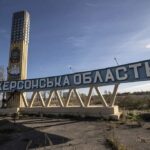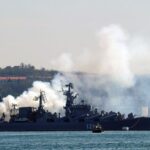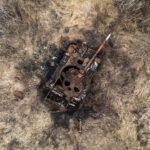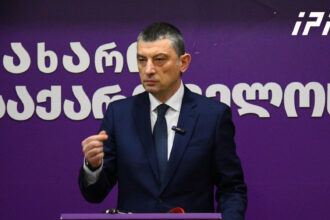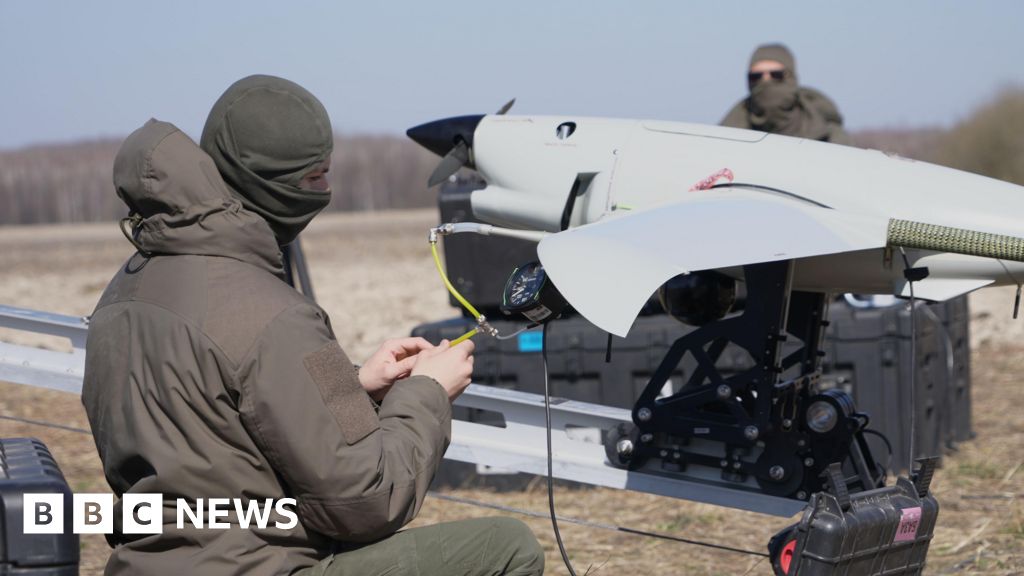**Ukraine Tests Long-Range Drone Amid Ceasefire Deal**
In a secret location, Ukrainian engineers have been testing the Raybird drone. This machine can fly for over 20 hours and cover more than 1,000km without stopping. It is designed to destroy targets both on the frontline and deep inside Russia.
The Raybird’s main targets are oil refineries and fuel depots. But with a new ceasefire deal in place, missions like these should stop. Ukraine and Russia have agreed not to attack each other’s energy infrastructure.
**Concerns Over Ceasefire**
Oleksiy from Skyeton, the company that makes the Raybird, is not sure if Moscow will keep its promise. He says Russia has a history of making agreements but continuing to fight.
“Russians punch you in the face, then the next day they make an agreement but ask to tie up your hands,” Oleksiy explains. “So the possibility that they will continue fighting remains.”
**Impact on Russia’s Oil Industry**
Ukraine has carried out over 30 attacks on Russia’s oil infrastructure this year alone. The country’s largest oil facilities, such as the Ufa oil refinery and Tuapse plant, have been hit recently.
As a result of these drone attacks, Russia’s oil refining capacity has dropped by about 10%. Moscow’s recent decision to extend the ban on petroleum exports shows that they’re feeling the pain.
**Ukraine’s Arsenal Grows**
President Zelensky recently announced that Ukrainian engineers have designed a new drone with a range of 3,000km. This means it could reach not only Moscow but even locations in Siberia.
Kyiv also claims to have developed turbojet powered “missile-drones” that fly at a much higher speed and are harder to intercept. The country has successfully tested its first domestically made ballistic weapon and upgraded its cruise missile Neptune.
**Good News for Ukraine**
The energy ceasefire deal is good news for Ukraine too. Russia has been targeting the country’s power plants and stations across the country. At one point last year, Ukraine’s energy generation capacity dropped to a third of its pre-war level.
Read More @ www.bbc.com




